
Cancer Network sat down with Dr. Naval Daver to discuss advancements and discoveries in immunotherapy for AML patients.

Your AI-Trained Oncology Knowledge Connection!


Cancer Network sat down with Dr. Naval Daver to discuss advancements and discoveries in immunotherapy for AML patients.

Guidelines for cancer screening in survivors of childhood HL may be refined based on the results of this extended follow-up study, say the researchers.
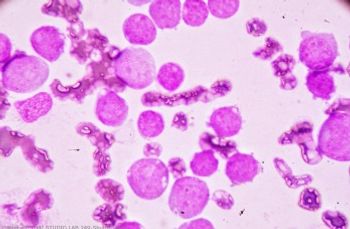
A new study published in Cancer compared ELN-2017 to ELN-2010 in terms of distinguishing prognosis in younger patients with newly diagosed AML.
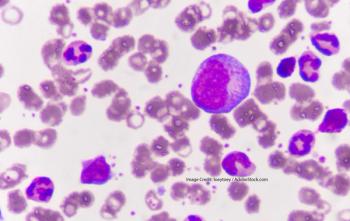
Researchers reported on the impact of adding the Hedgehog pathway inhibitor glasdegib to low-dose cytarabine.
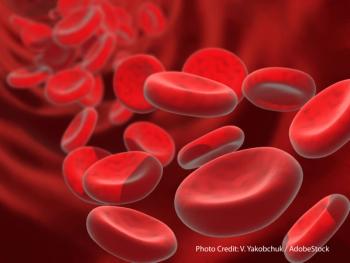
Researchers compared the ability of a novel prognostic score vs existing scores to identify patients with high-risk DLBCL.
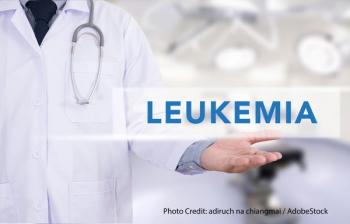
In an interview with Cancer Network, Brad S. Kahl, MD, weighs in on the top CLL research presented at ASH 2018 in San Diego.
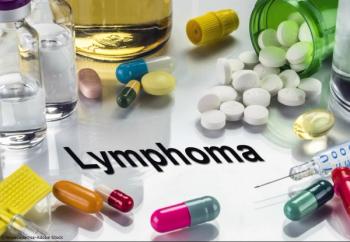
A study found follicular lymphoma patients staged with PET-CT and treated with radiotherapy appeared to have better outcomes than CT staging alone.
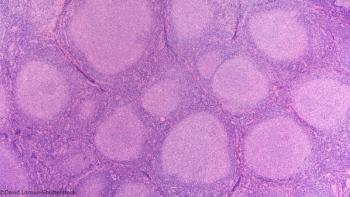
Despite improved outcomes seen in the rituximab era, the leading cause of death in patients with follicular lymphoma during the first decade remains lymphoma.
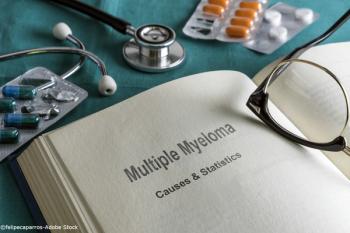
A new study shows benefits in curative treatment approaches to secondary cancers among patients with myeloma.
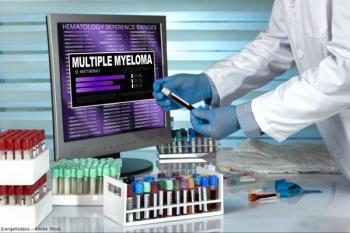
Undergoing bloodless autologous stem cell transplantation could be a viable option for some multiple myeloma patients according to a retrospective study.
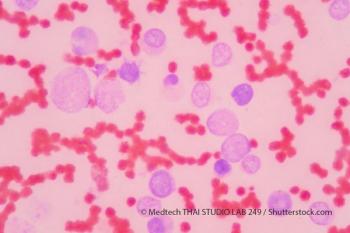
The US Food and Drug Administration recently approved a new agent for treatment of adult patients with relapsed or refractory acute myeloid leukemia.
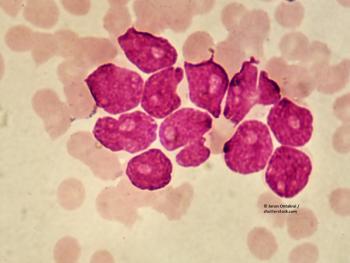
Clinicians now have a new treatment to offer elderly patients with newly diagnosed acute myeloid leukemia who have comorbidities that preclude the use of intensive chemotherapy.
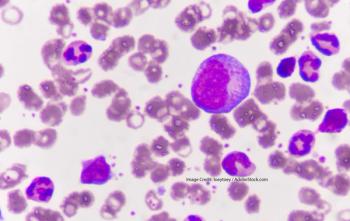
A study shows sequential monitoring of the WT1 mRNA is of value for the early detection of hematologic relapse in patients with AML in remission.
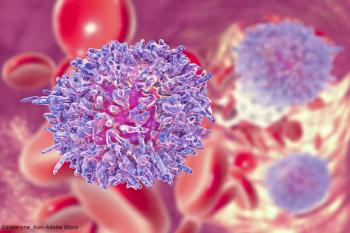
A patient’s minimal residual disease status may serve as a surrogate marker for outcome in clinical trials of chronic lymphocytic leukemia in patients with comorbidities.
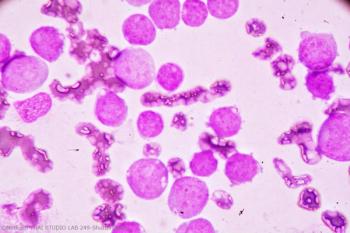
Azacitidine may delay or prevent relapse among patients with MRD-positive acute myeloid leukemia or myelodysplastic syndrome.
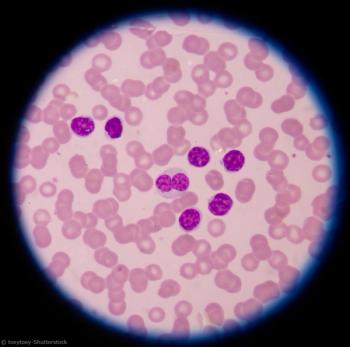
Testing patterns associated with the diagnosis and treatment of chronic lymphocytic leukemia have changed rapidly during the last decade.
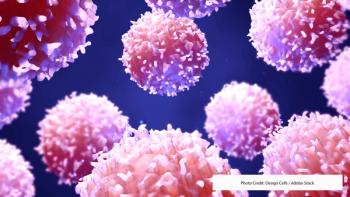
The results of a follow-up analysis to the phase III MAVORIC study were presented at the ASH 2018 Annual Meeting & Exposition.
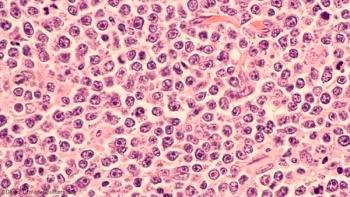
A new study has identified a clinically and biologically distinct subgroup of diffuse large B-cell lymphoma tumors.
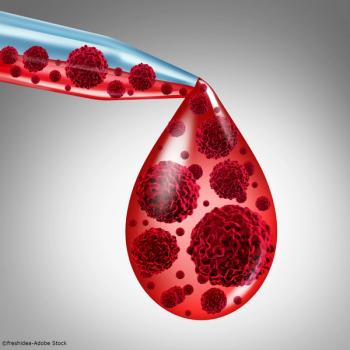
A study looked at whether survivorship care plans were able to enhance patients' knowledge and adherence to physician recommendations.
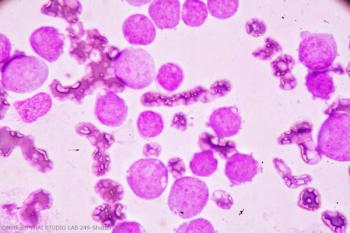
Researchers analyzed a new recurrent BCL2 mutation appearing in a cohort of patients with CLL-type progressions treated with venetoclax.
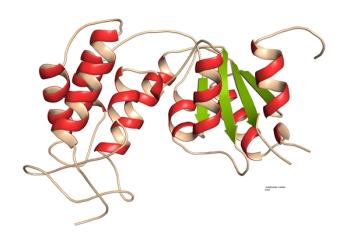
Researchers examined adding daratumumab to standard of care in newly diagnosed transplant-ineligible myeloma patients.
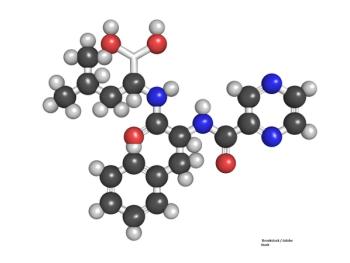
Researchers uncovered distinct clinical characteristics in relapsed/refractory multiple myeloma patients receiving proteasome inhibitors.
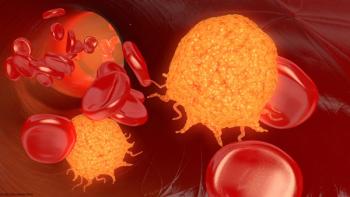
Leukemia cells show sensitivity to restriction of BCL2 and BTK with the combination of venetoclax and ibrutinib.
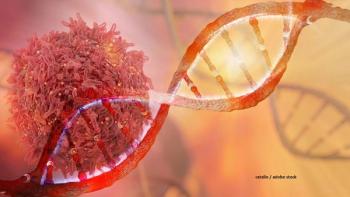
Researchers studied clonal hematopoiesis of indeterminate potential (CHIP) as a way to assess risk for increased mortality in lymphoma patients.

Researchers developed an enhanced genomic model combining clinical factors and select gene mutations in order to better predict survival in patients with DLBCL who were administered first-line R-CHOP.